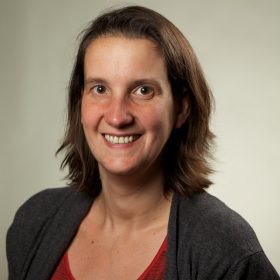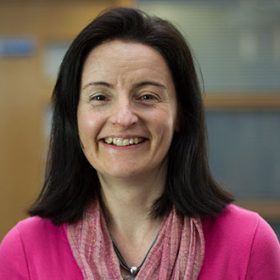Student: Mary Fredlund
Supervisors: Professor Jo Thompson-Coon, Dr Dylan Kneal UCL, Dr Noreen Orr, Morwenna Rogers
Dementia currently affects around 650,000 people across the UK. Furthermore, 24.6 million people in the UK (38% of the population) know a family member or close friend living with dementia. The current financial cost of dementia in the UK is £26 billion/year including informal, social and healthcare costs. With no effective medications to cure or modify the underlying disease processes, managing the behavioural and psychological symptoms of dementia, often with non-pharmacological interventions, has become a focus of dementia care. Numerous reports in the dementia field have highlighted a persistent gap between currently provided dementia care and what, based on research evidence, should be provided to improve outcomes. However, almost 100,000 dementia-related research articles were indexed in MEDLINE (the main biomedical bibliographic database) in the last decade presenting an overwhelming task for consumers wishing to make evidence based decisions.
Evidence and gap maps are an emerging state-of-the-art tool used to present selected key characteristics of an entire evidence base in useful, accessible and visually engaging formats. It is clear that for evidence maps to be useful the information they contain needs to be easy to access and regularly updated.
This studentship involves developing new methods to ensure that evidence influences decision-making for one of the most pressing challenges resulting from an ageing population. This PhD will address two key research questions:
How can we best visualize the evidence (and gaps in the evidence) on the effectiveness and acceptability of non-pharmacological interventions for dementia to enable clinicians, policy makers, commissioners and families to use it effectively?
How can we best maintain the currency of content in an evidence and gap map of the effectiveness and acceptability of non-pharmacological interventions for dementia?
Collaborators
- Dr Dylan Kneal, University College London
PenARC Staff

Professor Jo Thompson-Coon
Professor of Evidence Synthesis and Health Policy
Morwenna Rogers
Information Specialist
